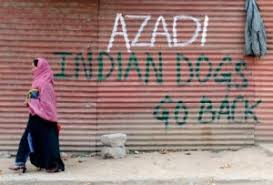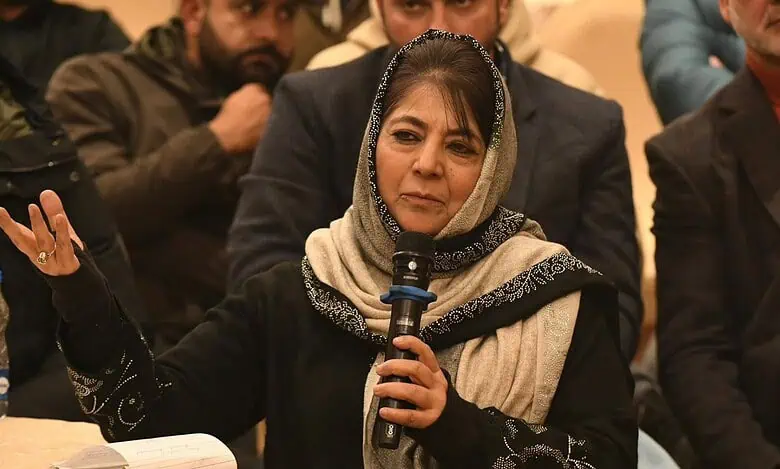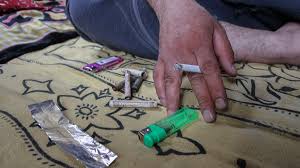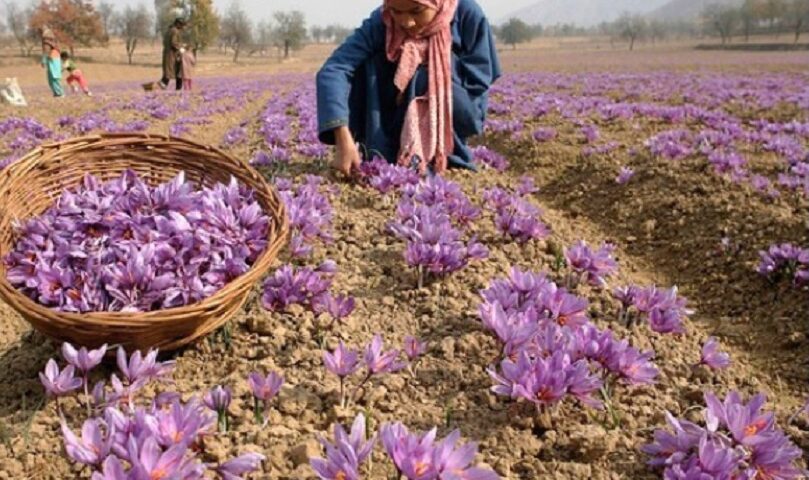Nearly 90 percent of people living in Indian Kashmir’s summer capital want their troubled and divided state to become an independent country, according to a poll in an Indian newspaper on Monday.
India and Pakistan have fought and argued over the Himalayan region ever since partition in 1947, but 87 percent of people questioned in Srinagar have no allegiance to either side.
Only 3 percent of the mainly Muslim inhabitants of the city think Kashmir should become part of Pakistan, and 7 percent prefer Indian rule, the poll said.
But down in Jammu, the state’s mainly Hindu winter capital in the plains to the south, 95 percent think Kashmir should be part of India.
Delhi’s Centre for the Study of Developing Societies interviewed 226 people in Srinagar and 255 in Jammu for the poll, published in Monday’s Indian Express.
People in 10 Indian and 10 Pakistani cities were also interviewed.
Indians were keener to keep control of the region than Pakistanis — 67 percent of urban Indians think it should be ruled from New Delhi, against 48 percent of Pakistanis who wanted Islamabad to take full control, according to the poll.
Another 47 percent of Pakistanis said they supported independence for Kashmir.
The fate of Kashmir — known for both its natural beauty and for its bloody recent past — has been uncertain ever since its Hindu ruler hesitated in choosing whether to join the region to India or the newly formed Pakistan in 1947.
Officials say more than 42,000 people have been killed since militants started a violent separatist revolt in 1989. Human rights groups put the toll at about 60,000 dead or missing.
The overwhelming majority of Srinagar’s residents think the security forces have too much power. The army is often accused of killing innocent people and other rights abuses, operating under a special law that largely protects soldiers from prosecution.
Around 84 percent of people in Srinagar want to see the return of Kashmiri Pandits, a Hindu community, large numbers of whom fled the region after being targeted by Islamist militants. Many live in refugee camps elsewhere in India.




